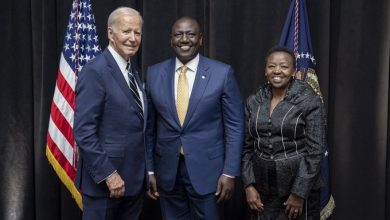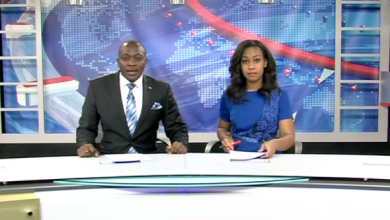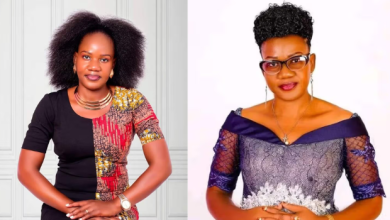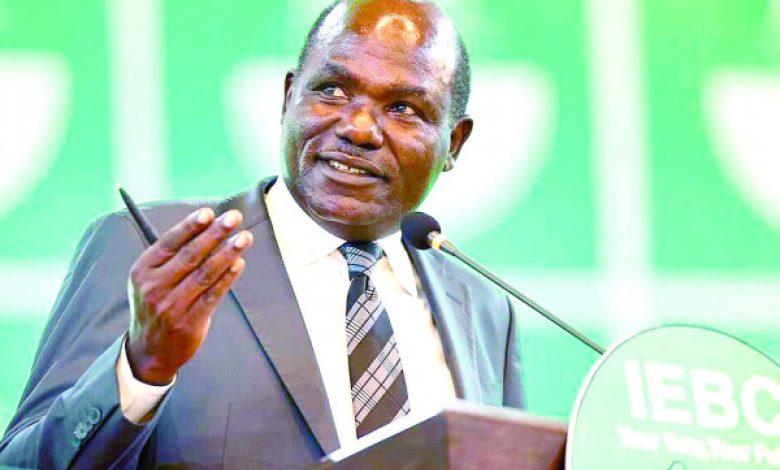
Raila and his team were serious about filing a petition at the Supreme Court to contest William Ruto’s presidential win.
They just arrived at the Milimani Court Laws, where the case is to be heard, with a truck full of evidence!
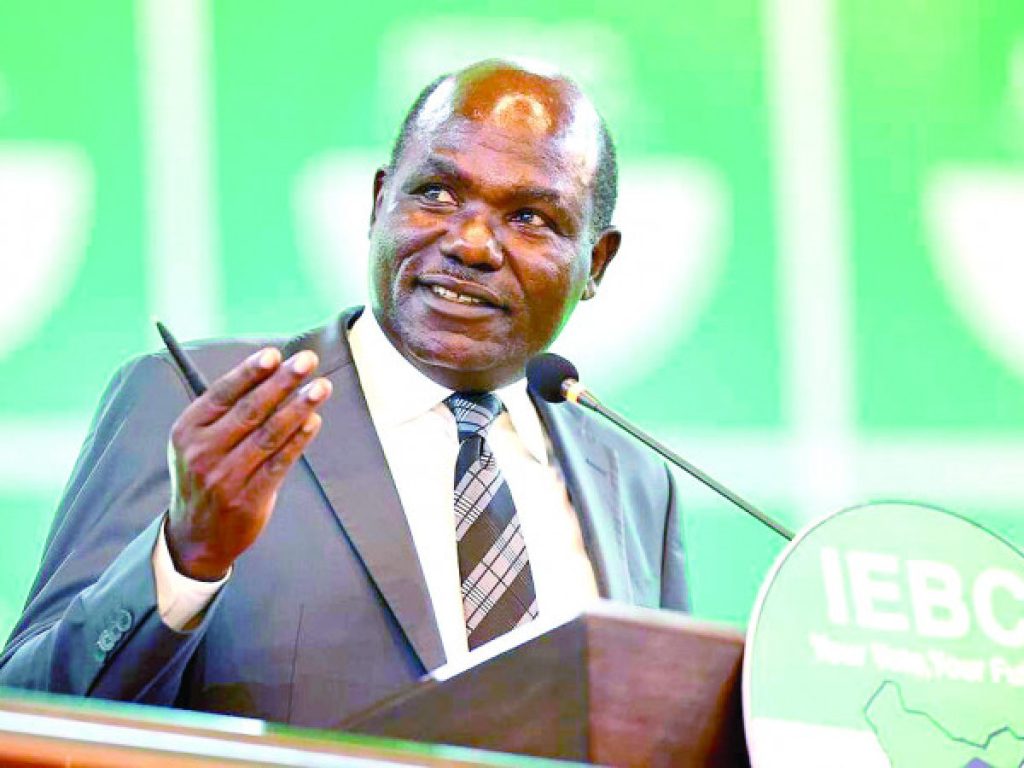
The IEBC will be tasked to defend that it conducted a free and credible election and that the final results of Ruto’s win were right.
Well, the case has not started but Kenyans can still predict the points IEBC will make to defend itself.
Mkenya Leo takes a look at some of these points, as discussed by different experts of law and politics in different various TV stations
1. Raila has never conceded defeat
Raila has run for presidency unsuccessfully five times but has never conceded defeat. While he could have reasonable explanations for why he never concedes, the IEBC can use this pattern to its advantage. The IEBC can argue that Raila raises issues only when his interest in becoming president does not get fulfilled.
2. Compliance with the 2017 Recommendations by the Supreme Court
In 2017, the Supreme Court nullified Uhuru’s win, terming a lot of rigging cases. The judges provided several recommendations, which IEBC was to follow to avoid similar mistakes. One of the recommendations is the importance of form 34A. The judges explained that tallying at the polling stations would be the final. IEBC complied with this requirement as it held form 34A with much importance.
The court also directed IEBC to transmit data electronically, something it ensured in the August 2022 elections
There was also the issue of transparency. The IEBC achieved this by allowing candidates’ agencies and other interested bodies to conduct their parallel tallying.
The move to comply with the Supreme Court’s recommendations will prove IEBC’s sense =of goodwill, enabling the body’s chair to refute claims that the process was not credible.
3. Dissenting Four Commissioners
While Raila will use the dissenting four commissioners to build his case, The IEBC can also use them to win the case. The four, Juliana Cherera, Justus Nyang’aya, Irene Masit, and Francis Wanderi, disowned IEBC chair Wafula Chebuukati’s results that declared William Ruto as the president-elect. They claimed that the aggregation of the calculation did not make sense. They accused Chebukati was conducting the final process opaquely by excluding them from key decision-making instances.
In his defense, Chebukati accused the four of attempting to enforce a re-run between Raila and Ruto, yet Ruto had won the election. Chebukati can use this accusation to downside the four commissioners’ rebelling reasons.





